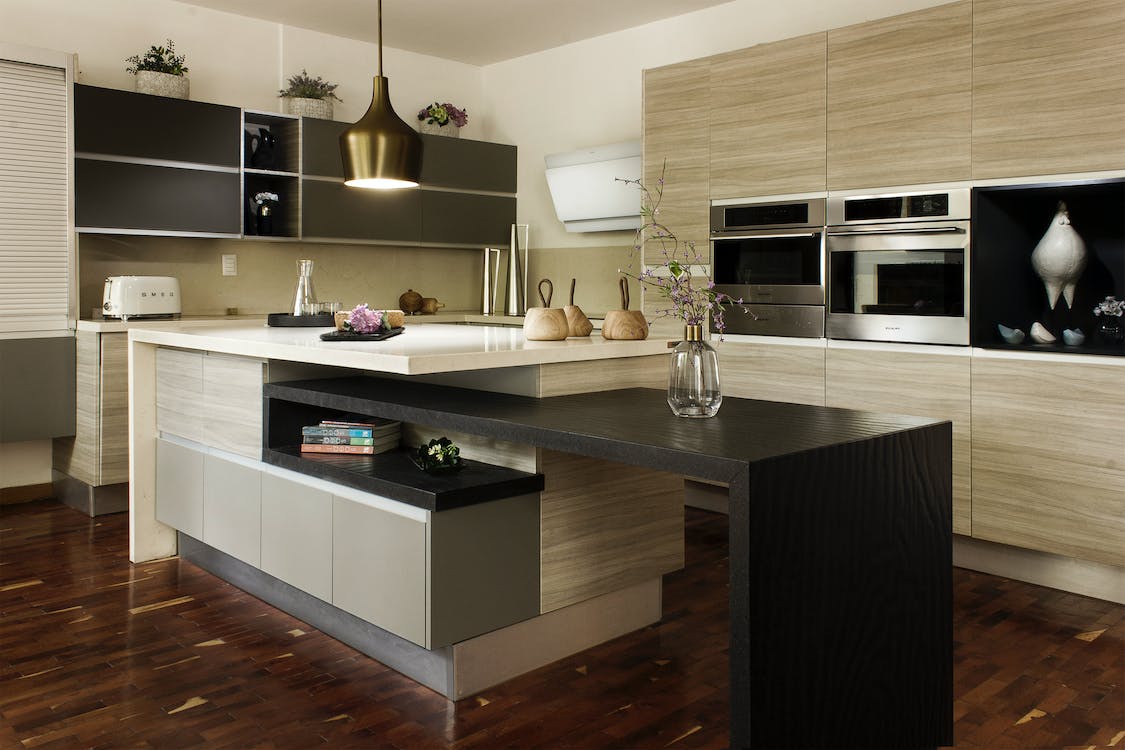In any kitchen, whether in a restaurant, a catering business, or a home, the performance and longevity of Kitchen Equipment are vital for ensuring smooth operations and the quality of food produced. Proper maintenance is key to preserving the efficiency and functionality of these appliances. Here are essential tips for effective kitchen equipment maintenance that can help prolong the lifespan of your tools and optimize their performance:
1. Regular Cleaning Routine:
Regular cleaning is fundamental in maintaining kitchen equipment. Follow manufacturer recommendations for cleaning procedures and schedules to prevent the buildup of food residue, grease, and debris that can compromise the equipment’s efficiency and hygiene.
- Use Equipment Appropriately:
Ensure that kitchen tools are used for their intended purposes. Overloading or using appliances incorrectly can lead to wear and tear, diminishing their effectiveness and potentially causing damage.
- Scheduled Inspections and Maintenance:
Implement a routine inspection schedule for your kitchen equipment. Check for signs of wear, loose parts, or malfunction. Have a professional technician perform regular maintenance to keep the equipment in optimal condition.
- Educate Staff on Proper Use and Care:
Train kitchen staff on the correct usage and care of equipment. This includes proper cleaning methods, handling techniques, and understanding the signs of potential issues to prevent damage.
- Lubrication and Oiling:
For equipment with moving parts, regular lubrication and oiling help to reduce friction and prevent premature wear. Refer to the manufacturer’s guidelines for recommended lubricants and frequency of application.
- Calibration and Adjustment:
Calibrate kitchen equipment regularly to maintain accuracy. Ovens, refrigerators, scales, and other appliances should be calibrated to ensure they are functioning correctly and producing accurate results.
- Address Repairs Promptly:
If any malfunction or damage is detected, address it promptly. Delaying repairs can exacerbate the issue and lead to more significant problems or even the complete breakdown of the equipment.
- Proper Storage and Handling:
Store equipment in a way that prevents unnecessary strain or damage. Ensure heavy equipment is stored correctly to prevent accidents and ensure their longevity.
- Protect Against Corrosion:
Rust and corrosion can significantly damage kitchen equipment. Wipe down appliances after cleaning to remove excess moisture and apply rust protectors when necessary.
- Read Manufacturer Instructions:
Always follow manufacturer guidelines for maintenance and care of Professional Cooking Equipment. The user manual provides specific instructions for cleaning, maintenance, and troubleshooting, ensuring the equipment’s optimal performance and longevity.
- Consider Professional Servicing:
Engage professional servicing as required, especially for complex or specialized equipment. Skilled technicians can identify and resolve issues that may not be apparent to untrained eyes, ensuring the equipment is in top condition.
- Keep Records and Logs:
Maintain records of maintenance schedules, repairs, and inspections. This allows for a clear understanding of the equipment’s maintenance history and can guide future maintenance plans.
By adhering to these maintenance tips, you can extend the life of your kitchen equipment, reduce downtime due to repairs, and maintain the quality and efficiency of your food production. Properly maintained equipment not only saves on costs by preventing major breakdowns but also contributes to the safety and quality of the food being prepared. Regular care and attention to your kitchen tools ensure they consistently perform at their best, contributing to the success and efficiency of your kitchen operations.


